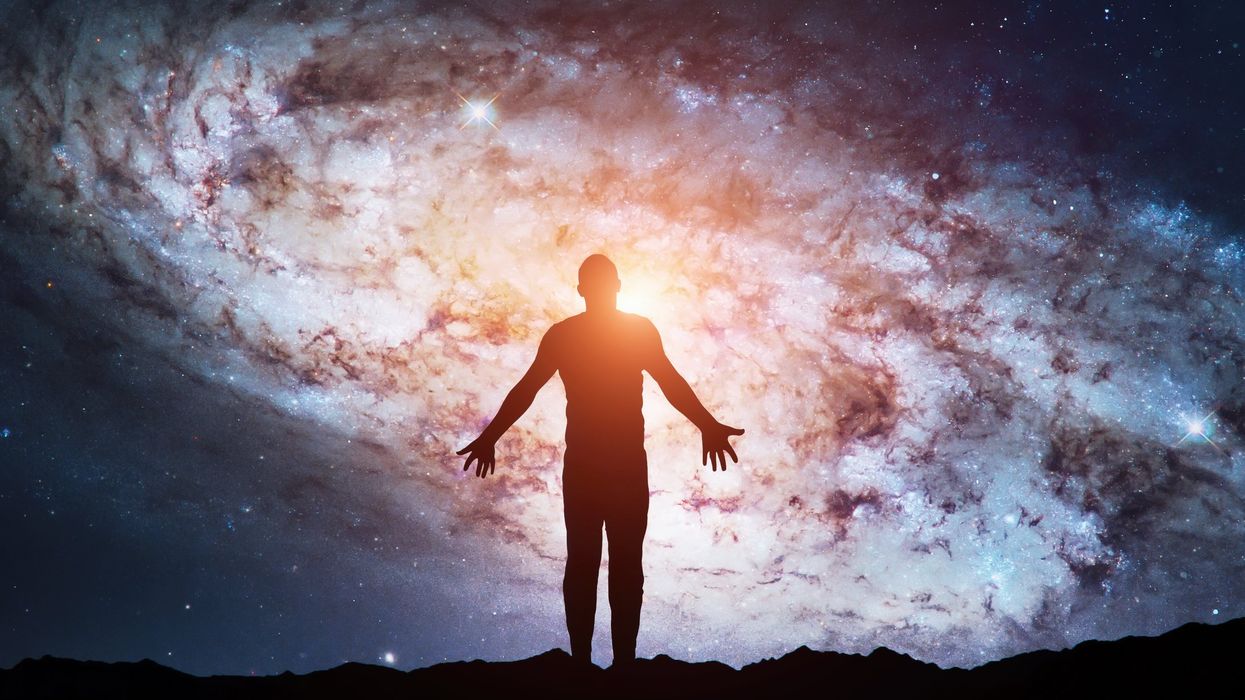Since I was old enough to speak, I have been questioning everything around me. The turquoise color of the ocean, what would happen if I slept on a cloud, the enticing smell of Mom’s “signature” box mac and cheese. Thankfully, these questions eventually evolved into more meaningful ones.
I grew up and continue to be a member of the Baháʼí Faith; therefore, the principles of unity, justice, and service guide the way I live my life. The Baháʼí Faith is a religion that strives to achieve a worldwide unification of all races, religions, and cultures. Founded in the 19th century, the religion teaches the oneness of God, the elimination of prejudice, harmony among religions, and the common origin of all past prophets of God.
Integral to the teachings of the Baháʼí Faith, I have always been committed to conducting my own investigation of truth, independent of what society or my family tells me. Of course, this leads to clashes between what I have been taught and my own beliefs; yet, with the principle of independent investigation of truth, I have learned that questioning is not rejection, but rather growth. Through this deep questioning, I have found that when I combine the truths of science and religion, reality comes to a transparent authenticity.
Essentially, science and religion appear as complete opposites. While science relies on factual evidence and observations, religion leans towards the belief in abstract and spiritual concepts. Though on the surface they appear to collide, I strongly believe that when science and religion are used in harmony with one another, they are paired to serve humanity best.
Belay Goshu and Muhammad Ridwan, professors of physics in Ethiopia and Indonesia, argue that integrating science and religion can effectively promote empathy and understanding among diverse communities, supporting their claim that both are prerequisites for achieving global peace.
Through ongoing exploration of the sciences, the truth of a God becomes suddenly more evident, just as the investigation of a Creator reveals the inevitable fact of scientific study.
C. Reese from the The C.S. Lewis Institute ‘24 explains that, “Physicists have concluded that the universe sprang into existence out of nothing… This means that whatever brought the Big Bang about is beyond space and time, immaterial, personal, and unbelievably powerful. Of course, this is an excellent description of many of God's attributes! Who else but God could have brought a universe into being?”
It is interesting to note that a 2009 Pew Research Center study found that 51 percent of scientists believe in God.
Clearly, science relies on religion just as religion relies on science.
More simply, think about that one friend who keeps everyone intact. A color-coded itinerary, flights booked, dinner reservations made, and packed phone chargers for everyone. (Science!) Now the other friend, the one reminding you to soak it all in, find meaning in the moment, talk to strangers, and embrace the new culture! (Religion!) Without friends of both strengths, what would you do?
It is of extreme importance to grasp that the sole study of science leads down a rabbit hole of materialism and moral decay. In contrast, the confined study of the spiritual dimension can lead to superstition and fanaticism, further dividing the global search for truth.
While science explains the “how,” religion clarifies the “why”. Although both explain the natural world in different ways, it is not true to say that either becomes invalidated. The combining of both wisdoms uplifts and complements one another.
Climate scientists and anyone who cares about the health of our home utilize a balance of science and spirituality. Science warns us that our planet is deteriorating, and religion explains that our home is sacred and why we must care for God’s creation. This study unites billions of people to work not only for themselves, but for the salvation of all life.
We catch sight of the seemingly never-ending corruption when we open the news, our doors, and especially our eyes. Unfortunately, it may be inevitable, yet amid the darkness, one thing is certain to cultivate light for all humankind alike. Regardless of our diverse viewpoints, we can all find common ground on the fact that science, faith, and truth keep us going.
Lyla E. Thurber is a 10th grader from Miami, Florida, who is studying at the School of New York Times.




















